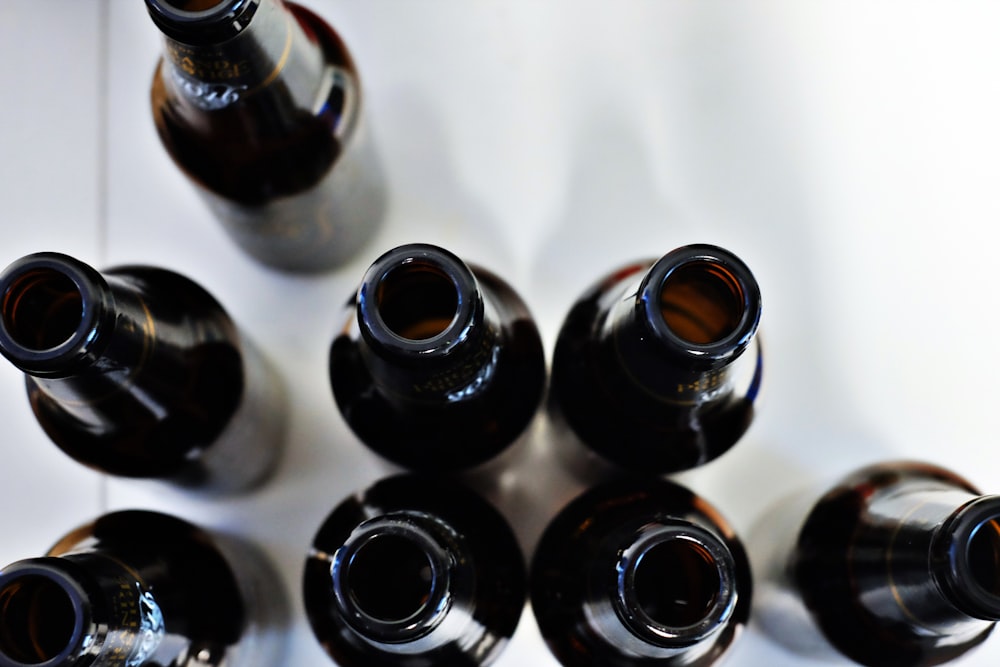What is Gray Area Drinking?

Typically, a gray area drinker has not hit ‘rock bottom’ and may not be aware they could have a problem with alcohol. Unfortunately, for many gray area drinkers, it is only a matter of time before their alcohol use spirals into abuse and dependence, unless they are able to recognize the precarious position they are in and actively work on reducing their alcohol consumption.
Signs of Gray Area Drinking
There are many possible signs of being a gray area drinker, but generally, if you use alcohol as a method to regularly cope with your problems without viewing yourself as an alcoholic, or feel a nagging sense of concern with your drinking habits that you never quite act upon – you are likely a gray area drinker. Many gray area drinkers do not view themselves as having an alcohol problem at all, excusing their excess drinking as normal or simply enough for their body to handle, but it’s easy for things to spiral out of control when one doesn’t think they have a problem in the first place. For anyone choosing to drink alcohol, it’s important to take a step back and reflect on your alcohol consumption, and be honest with yourself about whether or not you truly believe you are drinking at a safe level.
Why Gray Area Drinking Makes it Hard to Quit Alcohol
Gray area drinkers often take breaks or attempt to distance themselves from alcohol use, but that nebulous internal categorization as ‘not-quite-addicted’ can sometimes make it harder to stop. Rationalizing and perceiving your situation as “not as bad as it could be” can cause you to throw caution to the wind. As nutritionist and former gray area drinker Jolene Park wrote in her piece on the subject for The Temper: “After a couple weeks or months of my self-imposed drinking hiatus I’d think, ‘Why am I being so restrictive? I don’t need to be so all or nothing about alcohol. I can have a glass of wine with dinner, out on a date, or socializing with friends.’So I’d start drinking again. I’d soon be right back where I left off—drinking, and continuing to drink because once one glass of wine was in my bloodstream I’d always say, ‘oh screw it, I’ll have another glass’ and then another.”
How to Help a Gray Area Drinker Maintain Sobriety

Enlisting the support of friends and loved ones as a gray area drinker works towards sobriety will help ensure they stick to their goals, even if that means sometimes having to deal with the awkward job of being the friend that talks someone down from a drink they’d really like in a social situation. Having a network of support that is not just willing to listen to your problems, but actively hold you to accountable to your own set goals for sobriety is something that can be life-changing for those in danger of succumbing to severe alcoholism, or any type of addiction. Enlisting the support of trained professionals like recovery coaches and sober companions can also be a great help. For those in the gray area between responsible drinking and alcoholism, recognizing the state of your alcohol use and, with the support of those around you, working towards sobriety can be more than effective – it can save your life.
Getting Help for Gray Area Drinking
If you suspect that you or someone you care about may be gray area drinking, or walking the line between responsible drinking and an alcohol problem, getting help sooner rather than later is crucial. Contact us today for a consultation and for more information about our concierge alcohol abuse support services.

